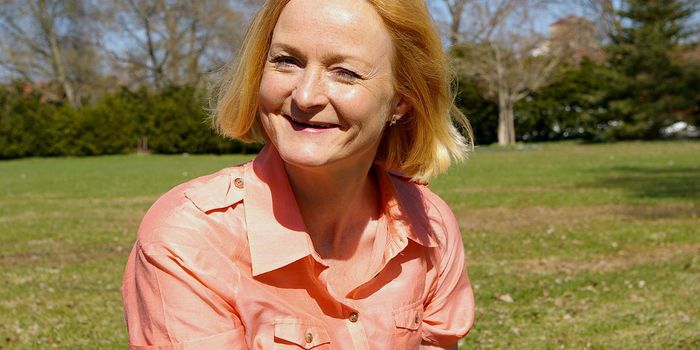
Previous studies have shown that women live longer than men and have lower biological ages at a cellular and molecular level. Researchers in Sweden posed potential explanations for sex differences in aging based on existing theories of biological aging. Differences in sex hormones, gene mutations, mitochondrial function, and telomere length are thought to contribute to earlier aging and death in men.
As they age, men are more likely to have poorer hearing, kidney and heart function, and are more likely to die from cardiovascular disease and cancers outside of the reproductive systems compared to women. In-utero hormonal exposures are thought to program metabolic processes later in life that put men at an increased risk for developing metabolic disease and associated cardiovascular disease. Even as early as childhood, differences in disease prevalence and aging become apparent– male children are more likely to develop cancer compared to female children. This may be linked to an increased number of genetic mutations in cellular DNA that occur earlier in life in men.
In women, estrogen is found to be protective in aging. Estrogens influence and protect mitochondrial function, whose dysfunction has been linked to many age-related diseases. Estrogens are also thought to make women more resistant to stressors in general.
Shorter length of telomeres, which are nucleotide sequences at the end of chromosomes, is also linked to aging. Telomere length is thought to serve as a measure of biological age because it's shortened with each cell division, and once it reaches a minimal length, cell death occurs. From birth, boys have shorter telomere lengths than girls, and this continues throughout life.
It's not all good news for women, however. Compared to age-matched men, elderly women have poorer physical function, increased frailty, and increased rates of chronic disease. Women have stronger immune systems as seen in better vaccine responses and better pathogen clearance during infection, which may contribute to increased survival in early life but lead to unnecessary inflammation against body tissues when no infection is present later on in life. This makes them more susceptible to autoimmune diseases during reproductive years, which are usually chronic and can lead to debility.
Women are also more likely to have osteoporosis (loss of bone density) and sarcopenia (loss of muscle mass and strength), which contribute to increased frailty and decreased quality of life. Women also have worse vision and lung function as they age compared to men.
Interestingly, from an evolutionary perspective, increased longevity in women may be selected for based on the grandmother effect: the ability of grandmothers to increase survival chances of younger generations by providing extra parental care.
But, men, rest easy. Also from this evolutionary perspective, longevity is not of primary concern in natural selection – living just long enough to reproduce is.
Sources: PubMed








